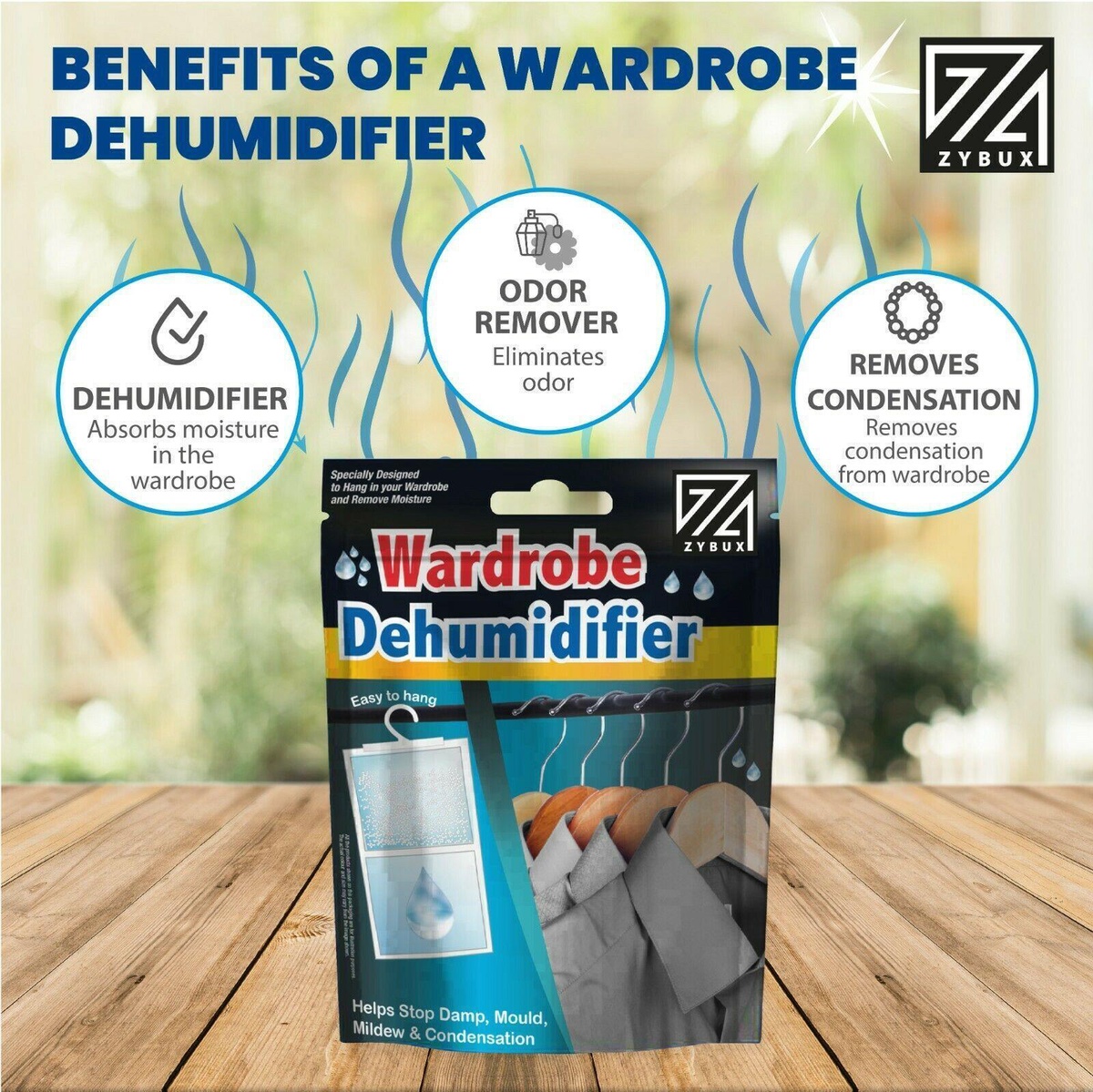What is an interior dehumidifier?
An interior dehumidifier is an electrical appliance that helps to remove excess moisture from the air in your home. By reducing the amount of moisture in the air, it can help to improve your comfort level and make your home more energy efficient.
There are a few different types of interior dehumidifier, but the most common type is the whole-house dehumidifier. These units are installed as part of your HVAC system and work to remove moisture from the air as it is circulated through your home.
While whole-house dehumidifiers are the most effective type of interior dehumidifier, there are also portable units that can be used in specific areas of your home. Portable units are less expensive and can be moved from room to room as needed.
If you are considering an interior dehumidifier for your home, there are a few things to keep in mind. First, you will need to decide which type of unit is right for your needs. Whole-house dehumidifiers are the most effective, but portable units may be a better option if you only need to dehumidify specific areas of your home.
Next, you will need to determine the capacity of the unit you need. Dehumidifiers are rated by the amount of moisture they can remove from the air in a given period of time. The capacity you need will depend on the size of your home and the amount of moisture in the air.
Finally, you will need to decide on a budget. Dehumidifiers can range in price from a few hundred dollars to several thousand dollars. If you are only using the unit in a small area of your home, a less expensive unit may be all you need. However, if you are using a whole-house dehumidifier, you may want to invest in a higher-end unit.
An interior dehumidifier can be a great way to improve your comfort level and make your home more energy efficient. By reducing the amount of moisture in the air, you can help to reduce the amount of energy your HVAC system uses to cool your home. If you are considering an interior dehumidifier
How does an interior dehumidifier work?
If you live in an area with high humidity, you know how uncomfortable it can be. Your clothes feel damp, your skin feels sticky, and it's hard to keep your home cool and comfortable. High humidity can also lead to mold and mildew growth, which can damage your home and cause health problems.
An interior dehumidifier for dampness can help solve these problems by reducing the amount of moisture in the air. Dehumidifiers work by drawing in air from the room and passing it over a cold coil. This causes the water in the air to condense on the coil and drip into a reservoir. The dry air is then passed back into the room, lowering the overall humidity level.
Dehumidifiers can make a big difference in your comfort level and can also help you save on energy costs. Because they lower the humidity level, they can help your air conditioner run more efficiently. This can lead to lower energy bills and improved comfort.
If you're considering an interior dehumidifier for your home, be sure to choose one that is the right size for the space. Smaller dehumidifiers are designed for smaller rooms, while larger units can cover larger areas. You'll also want to consider the capacity, or how much moisture the unit can remove from the air per day. A higher capacity unit will be more expensive, but it will be able to handle a larger space and will need to be emptied less often.
The benefits of using an interior dehumidifier
If you live in an area with high humidity, you know how uncomfortable it can be. Your clothes feel damp, your skin feels sticky, and it's hard to breathe. Not to mention, all that humidity can wreak havoc on your home, causing everything from musty odors to peeling paint.
An interior dehumidifier for mould can help take the edge off all that humidity, making your home more comfortable and protecting your possessions. Here are three benefits of using an interior dehumidifier:
- Improved Comfort
The most obvious benefit of using an interior dehumidifier is improved comfort. When the air in your home is less humid, it feels cooler and more comfortable, even if the temperature is the same. This can be a lifesaver in the summer months when the humidity is at its worst.
- Reduced Energy Costs
Another benefit of using an interior dehumidifier is reduced energy costs. When the air in your home is more humid, your air conditioner has to work harder to cool it down. This can lead to higher energy bills. By using a dehumidifier to reduce the humidity in your home, you can help your air conditioner run more efficiently, which can save you money on your energy bills.
- Protected Possessions
Finally, using an interior dehumidifier can help protect your possessions from the damaging effects of humidity. Humidity can cause everything from wood furniture to electronics to start to degrade and break down. By using a dehumidifier to keep the air in your home dry, you can help protect your belongings from damage.
If you live in an area with high humidity, an interior dehumidifier can be a lifesaver. Not only will it make your home more comfortable, but it can also help save you money on your energy bills and protect your possessions from damage.
Alternatives to interior dehumidifiers
As the weather gets colder and the air gets drier, many people start to notice problems with static electricity, dry skin, and sinus discomfort. These are all signs that the humidity in your home and damp traps is too low.
One way to increase the humidity in your home is to use an interior dehumidifier. However, there are several alternatives to interior dehumidifiers that can also help improve the comfort and energy efficiency of your home.
- Use a Humidifier
One alternative to an interior dehumidifier is a humidifier. Humidifiers add moisture to the air, which can help reduce static electricity, dry skin, and sinus discomfort.
There are several different types of humidifiers, including whole-house humidifiers, portable humidifiers, and ultrasonic humidifiers. Whole-house humidifiers are the most expensive option, but they are also the most effective. Portable humidifiers are less expensive and can be moved from room to room, while ultrasonic humidifiers are the least expensive option but can be less effective.
- Open Your Windows
Another alternative to an interior dehumidifier is to open your windows. This will allow fresh, humid air to enter your home and help increase the humidity levels.
However, you will want to be careful about opening your windows during the winter. If it is cold outside, the cold air can enter your home and make it uncomfortable. You may also want to open your windows during the day when the sun is shining to help warm up your home.
- Use a Fan
Another alternative to an interior dehumidifier is to use a fan. Fans can help circulate the air in your home and can also help evaporate moisture from your skin, which can help increase the humidity in your home.
- Place Bowls of Water Around Your Home
Another alternative to an interior dehumidifier is to place bowls of water around your home. The water will evaporate and help increase the humidity in your home.
You can also use a bowl of water and a fan to create your own DIY humidifier. Simply place the bowl of water in front
Conclusion
If you live in a humid climate, you know how uncomfortable it can be when the air is thick and sticky. And if you have a home with poor ventilation, the problem can be even worse. Fortunately, there are ways to improve the situation. One effective solution is to use an interior dehumidifier.
Dehumidifiers work by removing moisture from the air. This can make a big difference in your comfort level, and it can also help to improve your home’s energy efficiency. When the air is more humid, it can take longer for your HVAC system to cool your home. This means that your system will have to run for longer periods of time, which can end up costing you more money in energy bills.
If you’re interested in improving your home’s comfort and energy efficiency, an interior dehumidifier is a great solution. These devices are relatively inexpensive, and they can make a big difference in your home’s indoor air quality. For more visit www.zybux.co.uk and choose your dehumidifier.


No comments yet